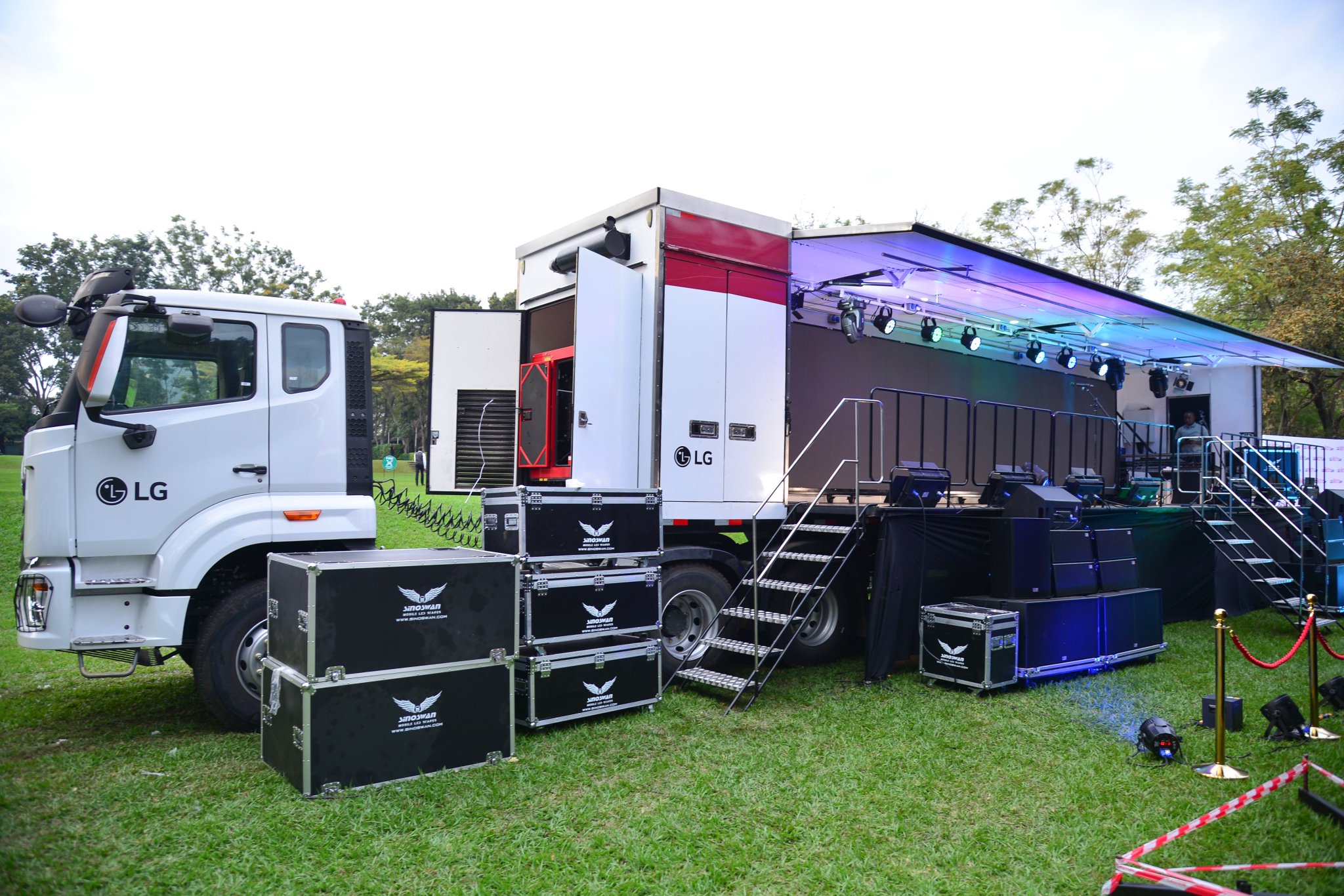Women have surpassed men in terms of investment in small businesses in the past seven months of the Covid-19 pandemic, this is according to data released by local company Notify Logistics.
The firm, which specializes in affordable rentals for businesses in Kenya’s major towns, said it analysed data on its platform and found that more women than men remained resilient even as Covid-19 paralysed businesses across sectors.
“Over the past 9 months 72.9 percent of all our clients were ladies venturing into business in Nairobi, Mombasa and Kisumu. Only 27.1 percent were men,” a statement by the company reads.
Boniface Mutunga, an expert in trade and finance, says women have proved to be more enterprising in the pandemic due to the African family set up disruption, where a man provides for the family.
“But even when we say 1.7 million Kenyans lost jobs during the pandemic, over 70 percent of those jobs were lost by male employees. That is why I believe women, and wives in particular, realized that depending on one person in the family is catastrophic. They have moved out of their comfort zones to contribute to the family kitty,” Mutunga expounded.
Although establishing a business during the crisis has been baptism of fire for many, the data further reveals that more young people were ready to risk their resources and invest during the turbulent economic times instead of waiting for the pandemic to end.
“The average age of investors during the pandemic was 27 years. The youngest is 21 years old, while the oldest is 36,” the survey revealed.
The company saw a total of 348 shops sold during their buy-to-rent program. There were a total of 74 investors with each investor owning about 5 shelves, which stock clothes, footwear, electronics, grocery and beauty products.
Others are using the programme to provide services such as mobile money, hair care, electronic repairs and photography.
In August 2020, Notify Logistics started Phase 1 and 2 of Buy-to-rent, where they invited business owners and individuals to invest in the shelves.
The programme was established to help individuals recover from the effects of the Covid-19 pandemic and invest any extra cash they had to earn more at the end of the 12 months.
Phase 1 saw individuals get a return on investment of 87 percent while Phase 2 which ended on October 7 will see investors earn up to 71 percent return on their investment.
Phase 3 set to be launched in November will target online small businesses established during the pandemic when lockdowns and curfews favoured e-commerce transactions due to limited contact.
The buy-2-rent programme allows individuals to own a shelf within the Notify shops and earn rent from it.
The firm ensures the shelf is occupied by the time one buys it hence minimizing the risk of lacking a business to rent your shelf.
“We have created a AirBnB business model of earning from commercial space, enabling individuals to invest in a shelf in the Notify Platform with zero management,” said Notify CEO Waweru Nderitu.
Nderitu added that the purpose of the project is to help people get through the pandemic since many people have lost their income streams.
“As a company we thought it wise to have a product that will help households get new revenue streams. We have been completely amazed by the response received so far and have already began working on a phase 3 of the program that will be launched later this month,” he said.
For Rent-A-Shelf, the firm identifies a shop in a prime location in an urban centre and partitions it into shelves. It then hires shop attendants and gets all the necessary licenses for the shop.
“We don't charge commissions on sales, we allow the businesses to build a database of their clients as opposed to the current online shops which do not allow sellers to have contact info of their clients,” Nderitu explains.
The firm also offers businesses a network of shops in Nairobi, Nakuru, Eldoret and Mombasa as drop-off points for their products and invites online businesses to rent-a-shelf without owning the whole shop.
Notify Logistics targets small businesses that have an online presence, which it gives a physical outlet where their clients can come and interact with products.
This concept helps to reduce rent for business owners by over 90 per cent as they pay about Sh3,000 for shops that would otherwise ordinarily cost Sh60,000.








-1757101509.jpg)